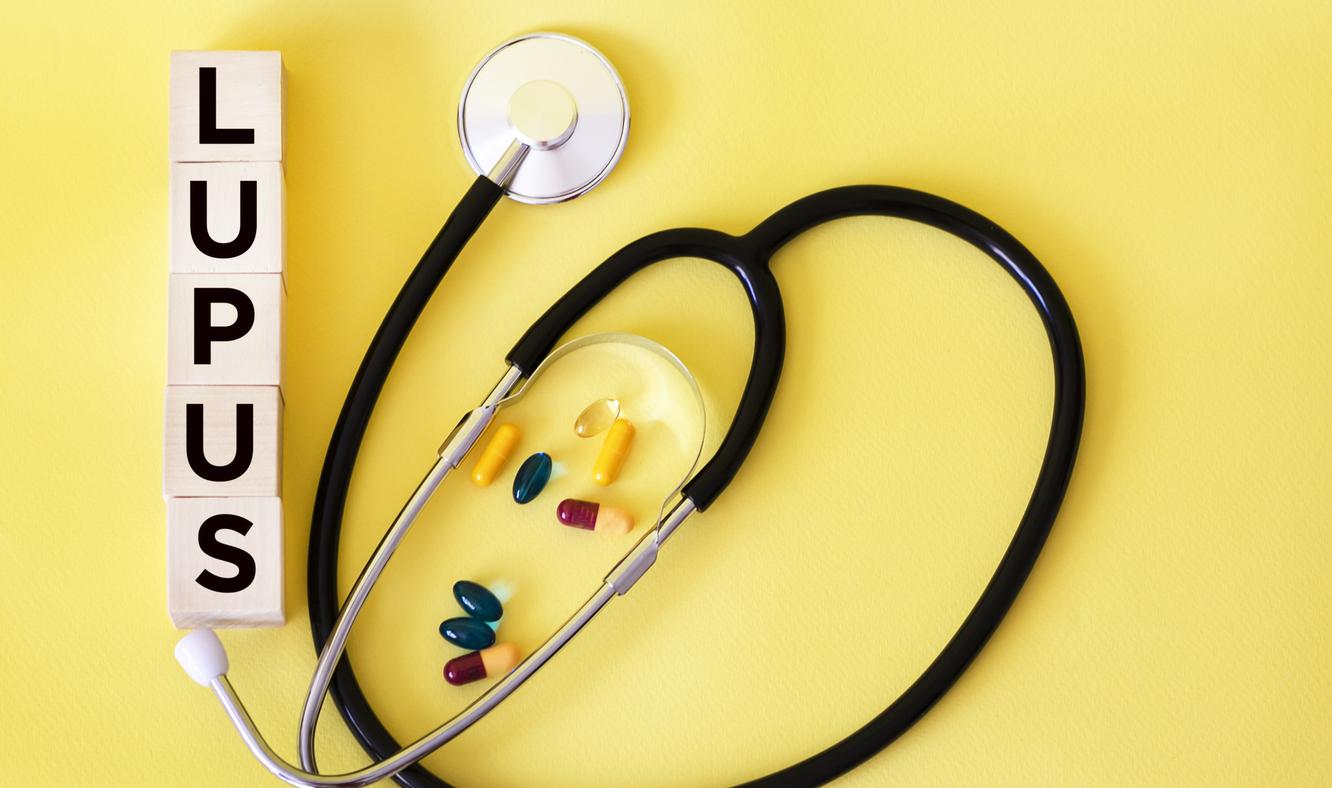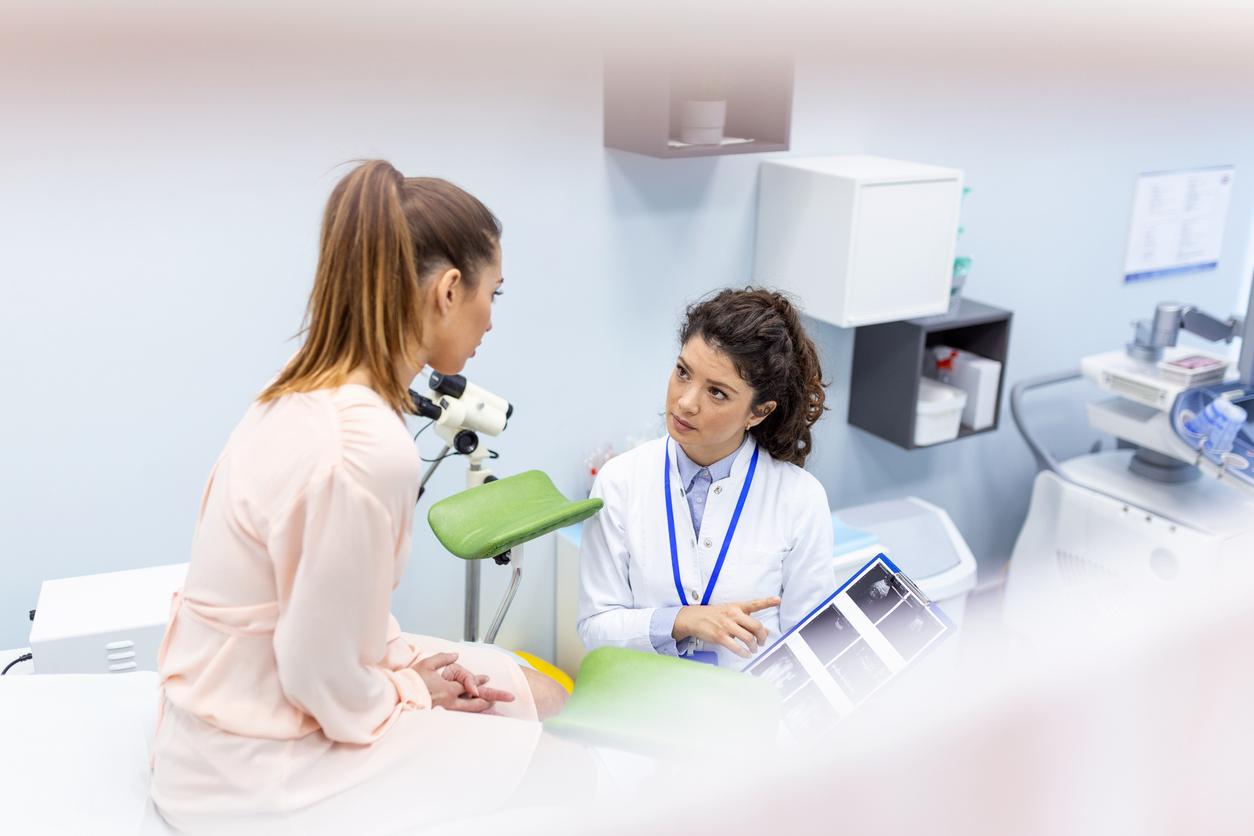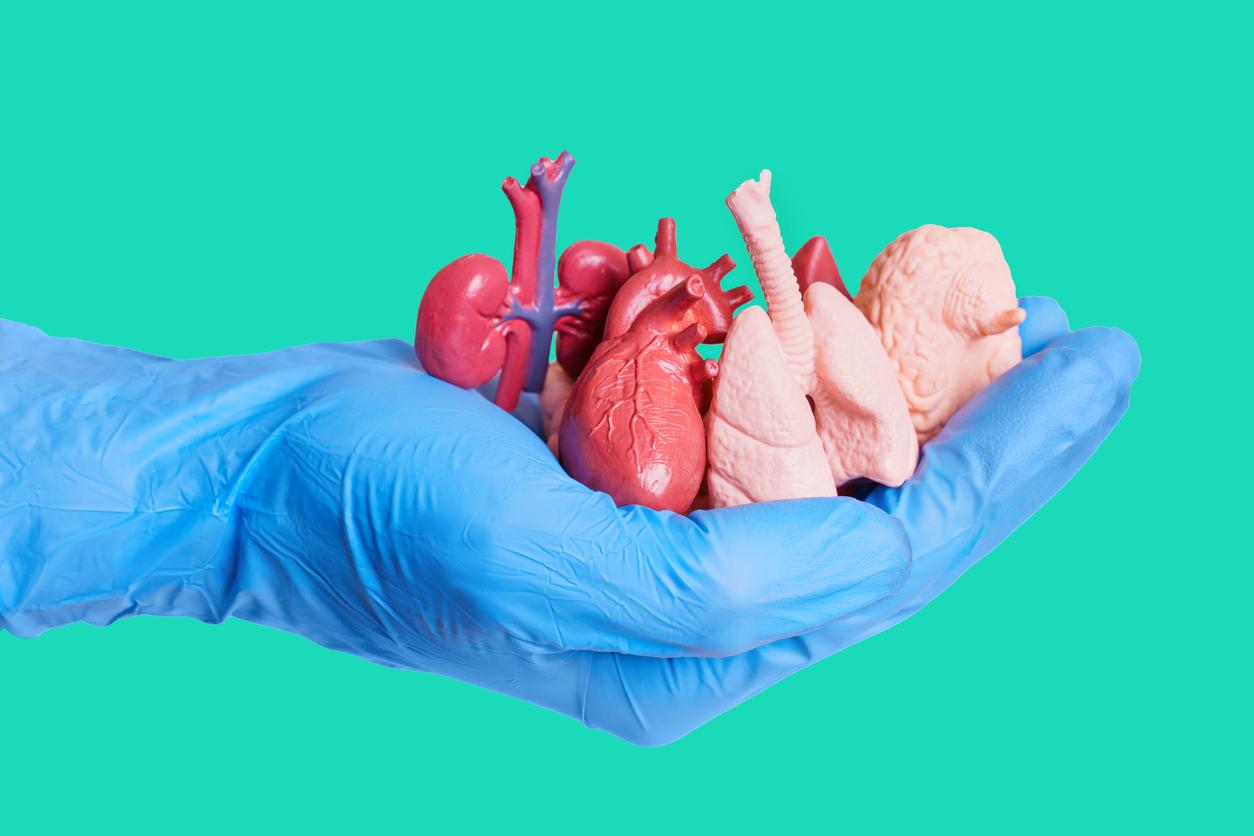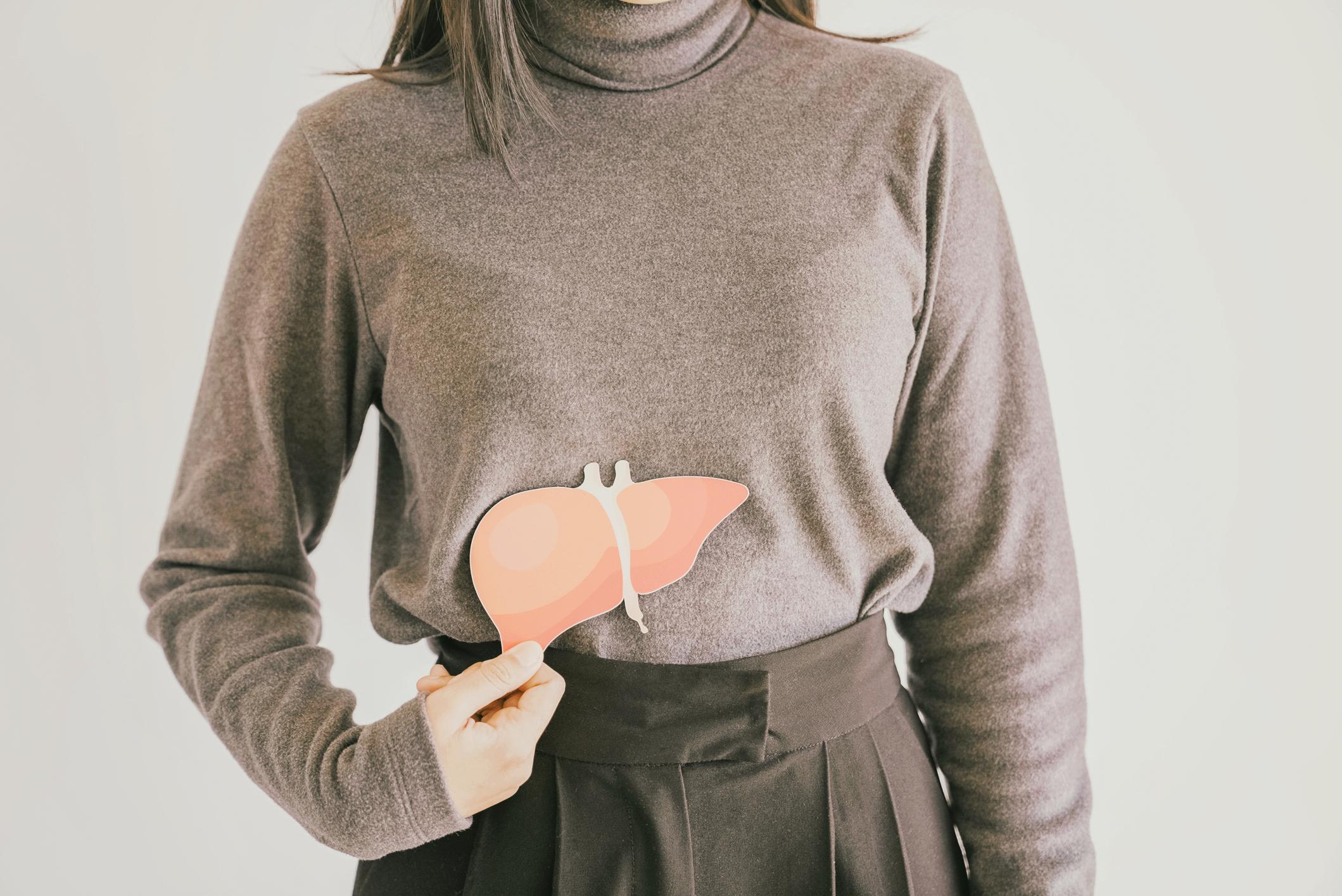Waiting lists for organ donation getting longer
The waiting lists for organ transplants are long: on January 1, 2012, there were more than 1,300 people on the lists. In 2009, 135 patients died while they were on that waiting list. In order to reduce those long waiting lists, the government launched the ‘The Netherlands says yes’ campaign.
This campaign focuses on registration as an organ donor or not. Every year, all young people who then turn 18 receive a letter with the request to register as an organ donor.
Why organ donation?
Many Dutch people are in favor of organ donation. After all, it seems so simple: after you die you will no longer be there, so why not donate your organs and tissues to people who would otherwise die of a disease? However, the decision for organ donation turns out not to be that simple: of the 5.5 million people who are registered in the donor register, 2.4 million people indicated that they did not want to be a donor or that they left that decision to their partner, family or designated person. Often fear, unfamiliarity with the state of affairs or religious conviction are reasons for not wanting to be a donor or not being able to choose.
In total, about 7 million people aged 18 and older have not (yet) recorded their choice in the register. Research shows that 35 percent of this group would like to donate organs after death. The aim of the ‘The Netherlands says yes’ campaign is therefore to address these people and to help them make and record their choice.
Why register?
If you have registered that you want to be a donor, your next of kin cannot prevent this. Exceptions are: a deceased person under the age of 16 or if a relative would be in severe psychological distress if the donation were to continue. This is always assessed by a concerned doctor. If you have indicated that you absolutely do not want to be a donor, your next of kin cannot undo this.
If you want to donate your organs, let your partner or family know clearly and ask for respect for your choice. All too often, relatives have no idea that there was a wish to be a donor and are thus taken by surprise in an already sad situation. If your next of kin know what you want, it at least makes a conversation about whether or not a donation easier.
How does registration work?
In principle, anyone aged 12 and older can register. When registering you can choose:
1. I am a donor. You can indicate on the form which organ or tissue you do not want to donate.
2. I am not a donor.
3. My next of kin decide.
4. A person designated by name and surname decides.
Whatever choice you make, you can always easily change it again.
In practice
Even if you have indicated that you want to be a donor, a doctor will always discuss the organ donation with your next of kin. By the way, being a donor does not mean that all organs you want to donate are also suitable. This is determined after death.
The receiver
Who receives tissues or organs is determined on the basis of medical criteria. The most important are: blood type, tissue similarity, height and weight of both donor and recipient. Medical urgency also plays a role in heart, lung and liver transplants. If the same organ is suitable for more patients, then the time that someone is on the waiting list is considered. Because of the durability of organs, practical aspects such as distance can also count.
Donate while alive
Another form of organ donation is living donation. This happens, for example, in kidney patients. Kidney patients who would like to have a healthy kidney from a loved one are afraid that their request will be rejected. Nearly 80 percent of patients will not ask for a kidney if a family member or partner does not spontaneously offer it. Then in the future the science offer a solution. Scientists have kidney cells grown outside the human body.
More information about organ donation
More information about donor registration
















